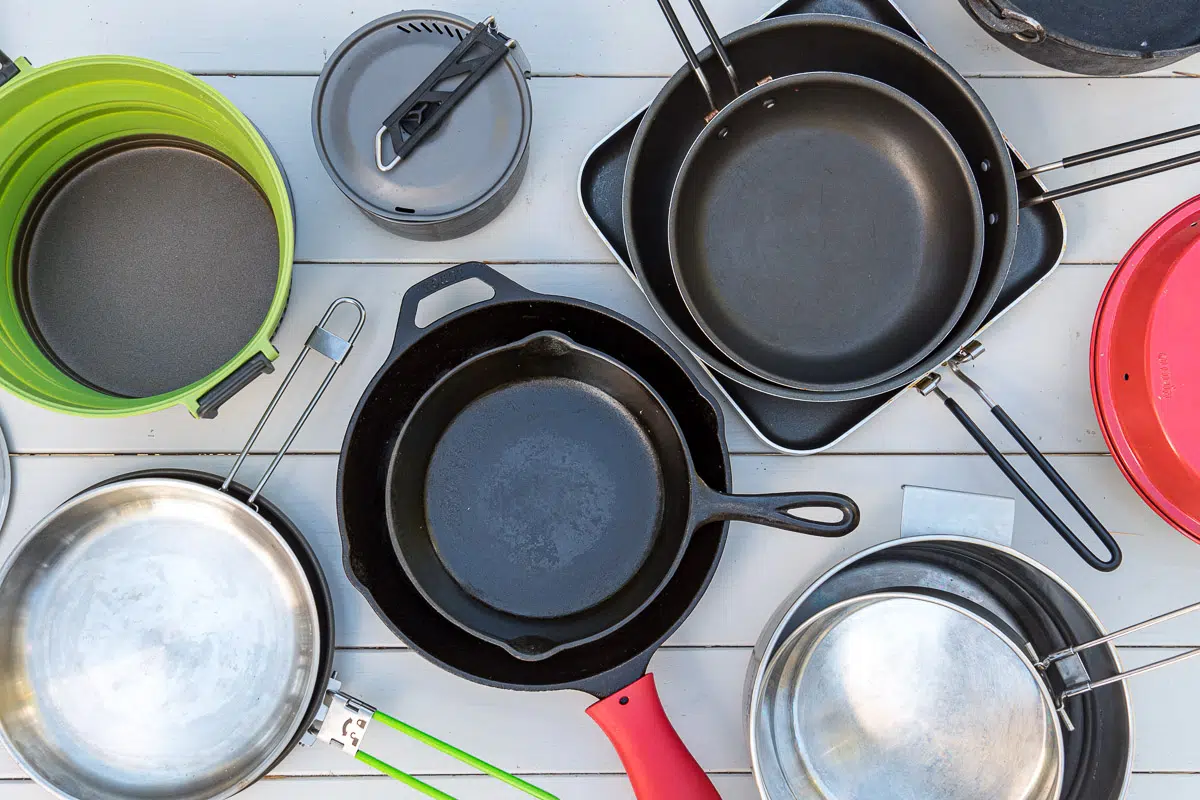
Camping is a beloved outdoor activity enjoyed by many nature enthusiasts. It allows us to disconnect from the chaos of everyday life, breathe in the fresh air, and immerse ourselves in the beauty of the great outdoors. However, when it comes to camping, it’s important to be aware of the specific regulations and guidelines set by the campsite you choose. In this article, we will explore the influence of campsite regulations on choosing camping boiling pot, ensuring that you have all the necessary information to make the right decision while maintaining a relaxed and cheerful tone throughout.
Fire Restrictions
One of the most common regulations imposed by campsites is fire restrictions. These restrictions are typically put in place to prevent wildfires and ensure the safety of campers. Depending on the severity of the fire danger, campsites may ban open fires altogether or only allow the use of designated fire rings or pits. This can have a significant impact on the type of camping boiling pot you choose.
If open fires are prohibited, you may need to rely on alternative cooking methods such as camp stoves or portable grills. In this case, it’s important to choose a boiling pot that is compatible with your chosen cooking method. Look for pots that have flat bottoms and are suitable for use on stoves or grills.
On the other hand, if the campsite allows open fires but restricts the use of fire rings or pits, you may need to bring your own cooking equipment, including a portable stove or grill. Look for lightweight options that are easy to carry and store in your camping gear.
Leave No Trace Principles
Leave No Trace is an important concept in camping and outdoor recreation. It promotes responsible outdoor practices that minimize our impact on the environment. Many campsites enforce Leave No Trace principles by implementing rules on waste disposal, campsite cleanup, and the use of biodegradable products. These regulations can also influence your choice of camping boiling pot. Consider opting for a pot without a non-stick coating to adhere to the campsite’s regulations. Additionally, some campsites may require campers to pack out their waste, including food scraps and dishwater. Smooth stainless steel pots are a good option, as they are easy to wipe clean and don’t retain odors.
Noise Restrictions
Campsites often have noise regulations in place to ensure a peaceful and enjoyable experience for all campers. These regulations may include quiet hours during which loud noises are prohibited. If you plan on cooking late at night or early in the morning, it’s important to choose a boiling pot that won’t disturb your fellow campers. Opt for a pot that has a well-fitting lid to minimize noise from boiling water or simmering food. Consider these features to ensure that your cooking activities remain as quiet as possible.
Bear Country Regulations
If you’re camping in bear country, there may be specific regulations in place to prevent bear encounters and keep both campers and bears safe. These regulations often include guidelines on food storage, cooking, and even the type of camping gear allowed. Choosing the right boiling pot can be essential in minimizing the risk of attracting bears to your campsite.
In bear country, it’s important to cook and store food away from your sleeping area. Look for a boiling pot that is lightweight and easy to carry to your designated cooking area. Consider pots with secure lids or even pots that come with bear-resistant containers.
In conclusion, campsite regulations can have a significant influence on choosing camping boiling pot. Consider fire restrictions, Leave No Trace principles, noise regulations, bear country guidelines, and group camping regulations when making your decision. Additionally, take into account your personal preferences, cooking style, and the level of comfort you desire while camping. With the right boiling pot in hand, you can confidently cook delicious meals and enjoy the great outdoors while adhering to campsite regulations. Happy camping and happy cooking!